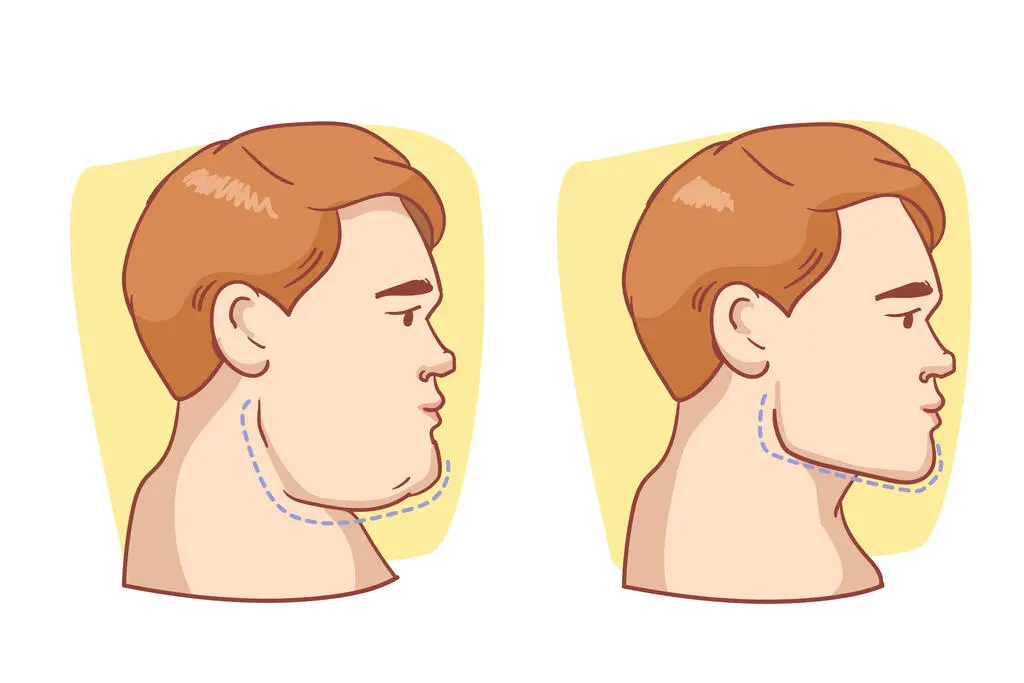Did you know breathing in tiny particles of air pollution, known as PM2.5, can reduce the average lifespan of an Indian by 5.3 years?
This is compared to what it would be if the air quality met the guidelines set by the World Health Organization (WHO), as reported by the Air Quality Life Index (AQLI).
Living in an environment with high levels of air pollution can have significant effects on human health. It’s not surprising that many people face health challenges in such conditions.
Therefore, it is crucial to thoroughly examine how pollution impacts the health of individuals in India.
Finding effective ways to reduce air pollution and its detrimental effects, particularly on the immune system, is essential for promoting overall well-being.
Effects of Pollution on Health
The rising levels of pollution in India are a significant concern, especially considering the severe impact on human health.
Air pollution, in particular, poses serious threats with detrimental effects on various aspects of our well-being.
Here are some harmful effects of air pollution:
Respiratory Issues:
Air pollution affects our respiratory system, causing issues such as coughing, shortness of breath, wheezing, pneumonia, and, in extreme cases, lung cancer.
It interferes with our ability to breathe properly by affecting air pathways and lungs.
Cardiovascular Ailments:
Prolonged exposure to polluted air can lead to cardiovascular diseases, including strokes, coronary heart disease, abnormal heart rate, heart failure, and heart attacks.
The cardiovascular system suffers significantly due to the harmful pollutants in the air.
Weaker Immune System:
Short-term exposure to air pollution can result in symptoms like allergies, itching in eyes, nausea, headaches, irritated skin, and low energy levels.
However, the long-term effects are even more severe. Continuous exposure weakens the immune system, leading to a higher count of white blood cells (WBCs).
An elevated WBC count can cause inflammation, making the body more susceptible to infections and diseases.
It is crucial to address and combat air pollution to safeguard the health of individuals and promote a healthier living environment.
Why You Should Worry for Your Immune System?
Our immune system acts as the body’s defense mechanism against infections and toxins, comprising various organs, lymph nodes, and cells working together.
When foreign organisms enter our body, the immune system fights to eliminate them and protect our health.
Air pollution poses a significant threat to our immune system, weakening its ability to defend the body. The respiratory tract, the primary barrier against harmful pathogens, is often the point of entry for foreign bodies.
Continuous exposure to high levels of air pollution weakens the respiratory tract, allowing harmful substances to enter the body and cause havoc.
This has adverse effects on human health.
When pathogens invade, White Blood Cells (WBCs) are produced to eliminate them. Air pollution can lead to an excessive production of WBCs, causing inflammation.
This inflammation may result in WBCs attacking healthy tissues, further compromising the immune system’s effectiveness.
As a consequence, exposure to pollution, particularly air pollution, makes the immune system more susceptible to various pathogens.
The impact of pollution on health is a cause for concern, emphasizing the need to address and mitigate the effects of air pollution on our well-being.
Boosting Immunity to Combat Pollution
To reduce the harmful impact of air pollution on human health, it’s crucial to strengthen our immune systems. Taking steps to enhance immunity can help fight against diseases associated with air pollution, such as dementia, asthma, obesity, cardiovascular problems, and Alzheimer’s.
Here’s how we can counteract the growing effects of air pollution on our health:
Healthy Nutrition:
Consuming antioxidants is a key strategy to build immunity and combat the effects of air pollution.
Include fruits like blueberries, strawberries, cranberries, and bananas in your diet, as they are rich in antioxidants.
Vegetables such as spinach, carrots, broccoli, and potatoes are also excellent sources. Incorporating a variety of seasonal fruits and vegetables can help minimize the impact of pollution on health.
Regular Exercise:
Exercise plays a vital role in mitigating the effects of air pollution on human health.
People with an active lifestyle experience lower impacts of air pollution compared to those leading a sedentary life.
Consider indoor exercises using fitness apps or workout in places with air purifiers, like gyms, to protect yourself from air pollution.
By adopting these practices, we can strengthen our immune systems and better defend against the harmful effects of air pollution on our health.


















